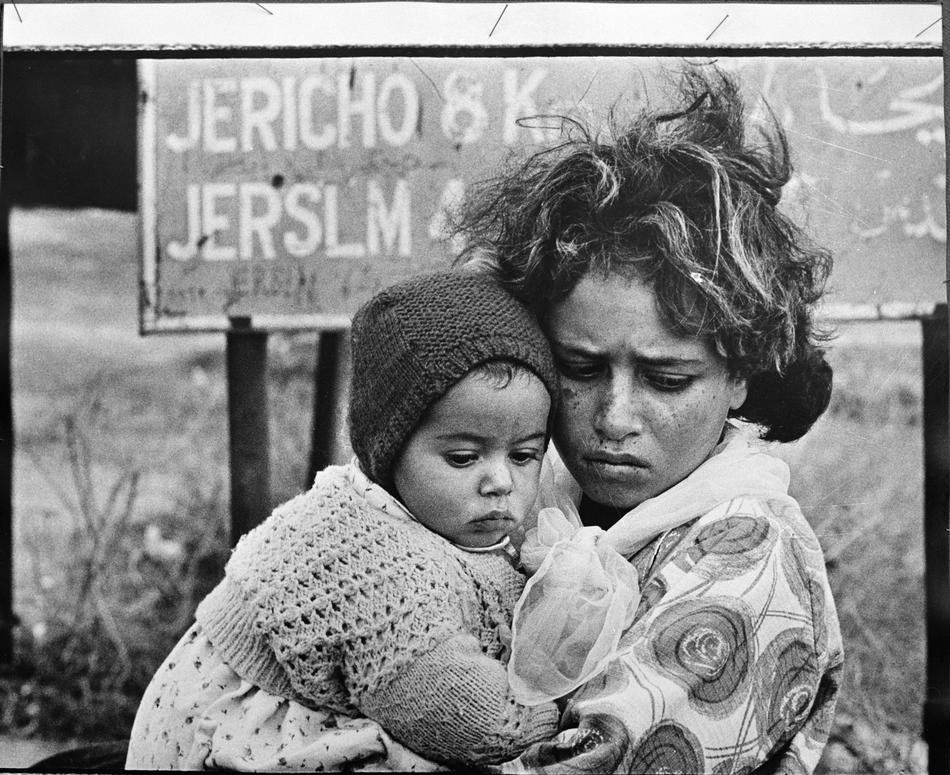
Nakba: Resilience and Memory By Prof. Salim Munayer
In the Palestinian collective memory, the month of May is a month where Palestinians remember the Nakba (‘catastrophe’ in Arabic). An ongoing catastrophe starting in 1948 with the expulsion of more than half of the population of Palestine, and continues today through harsh military occupation and systematic discrimination. Memory is very important, it allows us to honour our ancestors, their life and challenges. It tells us why we are here, and by doing so, ancestral memory shapes our identity and influence. Moreover, is shapes our attitude and behaviour towards those who committed, and continue to commit, atrocities to our people. If remembering is not done rightly, it can leave us with bitterness, anger and revenge.
The concept of memory is also very important in scripture, God constantly reminds us to remember, but in a redemptive manner. For instance, God in the Book of Exodus commends the people of Israel to remember their position as strangers and oppressed people. And therefore, they ought to take care of strangers and the weak, and not commit the same crimes that were committed against them in Egypt. Likewise, in the Lord’s Supper we see Jesus commanding His disciples to remember who He is, and what He was going to do on the cross and through the resurrection. The message in both cases is not to live in or forget the past, but remember it in a redemptive way in order to be faithful to God.
The Nakba was and continues to be devastating for Palestinian Christians, approximately 60% of Palestinian Christians were uprooted and became refugees after the 1948 war, and their numbers continue to dwindle. Palestinian Christians in the 1948 period tended to be middle and upper class, and when they were dispossessed, a whole population of highly educated doctors, lawyers, businessman and politicians were destroyed. Libraries and schools were destroyed in cities like Haifa, Jaffa and West Jerusalem. One can still see the architectural legacy left behind by these people in Jerusalem today. One only has to walk around the neighbourhoods of Talbieh, Baqa’a and Qatamon to see the magnificent and beautiful houses. Not only were these Palestinian Christians educated and influential, but multicultural and creative. The parents of figures such as the scholar Edward Said, the educator and writer Khalil al-Sakakini and the pioneer Marie-Alphonsine Danil Ghattas would probably fit this category. They could move and bridge between languages, traditions and religions. We continue to lament over the loss of these brilliant individuals and communities.
However, we should not dwell too much over the bitter loss, for Palestinian Christians continue to embody resilience. We have been key figures in establishing schools, universities and hospitals. Most of the orphanages in Bethlehem were founded and manged by Palestinian Christians. The top university in Palestine, the University of Bir Zeit, was established by a Christian family. Furthermore, even Palestinian Christians in the diaspora have been leading figures. The famous Edward Said completely changed scholarship with his book Orientalism, and is still highly revered today after his death. There has been a revival of culture, art and music, despite objection and oppression. Special embroidery is collected from many regions to exhibit in museums, like the al-Munayer embroidery collection. Similarly, Palestinian Christians have been influential in civil society and politics in Palestine and abroad.
Theology has not been excluded in this embodiment of resilience. Palestinian Christian Theology is evolving and developing with expertise in unique areas. In particular, Palestinian Theology has challenged many boundaries and assumptions of Western theological understanding in the areas of theology of the land, reconciliation, justice and dialogue. This has been done by a diverse group of theologians from different cultural, linguistics, countries and denominations. Institutes such as the Bethlehem Bible College, along with its Christ at the Checkpoint Conference, Sabeel, Kairos, Dar al-Kalima, Musalaha and more have been pioneers in this area.
To conclude, we need to remember our history, including the ongoing Nakba, in a redemptive manner. Recognise its devastating impact, but at the same time, remembering the resilience of the Christians who have lived in this land before us. This source of resilience ought to transform us and give us motivation, energy and hope for the future of the Body of Christ in this land and blessings to all people.